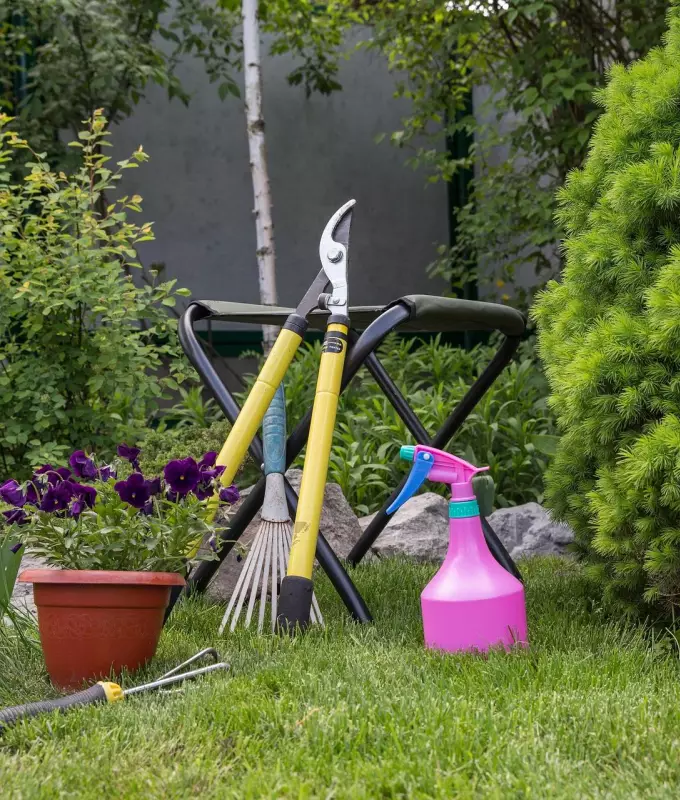
Many Australians find themselves in a delicate situation when they notice a neighbouring family struggling but feel uncertain about how to offer help without crossing personal boundaries. This common dilemma recently reached Anxiety Aunt's advice column, where readers sought guidance on navigating these sensitive community relationships.
The Neighbourly Conundrum: To Help or Not to Help?
A concerned reader wrote to Anxiety Aunt describing their observations of a family next door facing apparent difficulties. The neighbours, who have young children, appear to be going through a challenging period where additional support could make a significant difference in their daily lives.
The core issue revolves around how to approach offering assistance without making the family feel uncomfortable or judged. Many well-intentioned people hesitate to reach out, fearing they might offend their neighbours or interfere in private family matters. This hesitation often leaves struggling families without the community support that could genuinely help them through tough times.
Practical Approaches for Thoughtful Assistance
Anxiety Aunt provided several thoughtful strategies for those wanting to help neighbouring families while maintaining appropriate boundaries. The key lies in offering support in ways that feel natural and non-intrusive rather than formal or pitying.
One effective approach involves framing offers of help around normal neighbourhood interactions. Instead of making a grand gesture that might highlight the family's struggles, consider incorporating assistance into regular activities. For example, when you're already preparing a meal, making extra portions to share can be presented as a simple neighbourly gesture rather than charity.
Small, practical offers often work better than open-ended questions like "Is there anything I can do?" Specific suggestions such as "I'm going to the supermarket, can I pick anything up for you?" or "My children are playing in the backyard, would yours like to join them?" give the family concrete ways to accept help without feeling burdensome.
Building Trust Through Consistent Small Gestures
Developing neighbourly relationships that can comfortably include support takes time and consistency. Regular, low-pressure interactions create a foundation of trust that makes it easier for families to accept help when they need it.
Simple actions like remembering children's names, acknowledging when someone appears stressed without pressing for details, and maintaining a friendly, non-judgmental presence all contribute to creating an environment where assistance feels natural. The goal is to build genuine connections rather than positioning yourself as a rescuer.
Anxiety Aunt emphasized that respecting boundaries remains crucial throughout this process. If a family declines offers of help, accepting their decision gracefully maintains the relationship and keeps the door open for future connections. Pushing assistance on unwilling recipients typically damages trust and isolates families further.
Ultimately, the most valuable support often comes from being a reliable, non-judgmental presence in a family's community network. Knowing that understanding neighbours are nearby can provide significant emotional relief to families facing challenges, even if they don't frequently accept specific offers of practical help.





